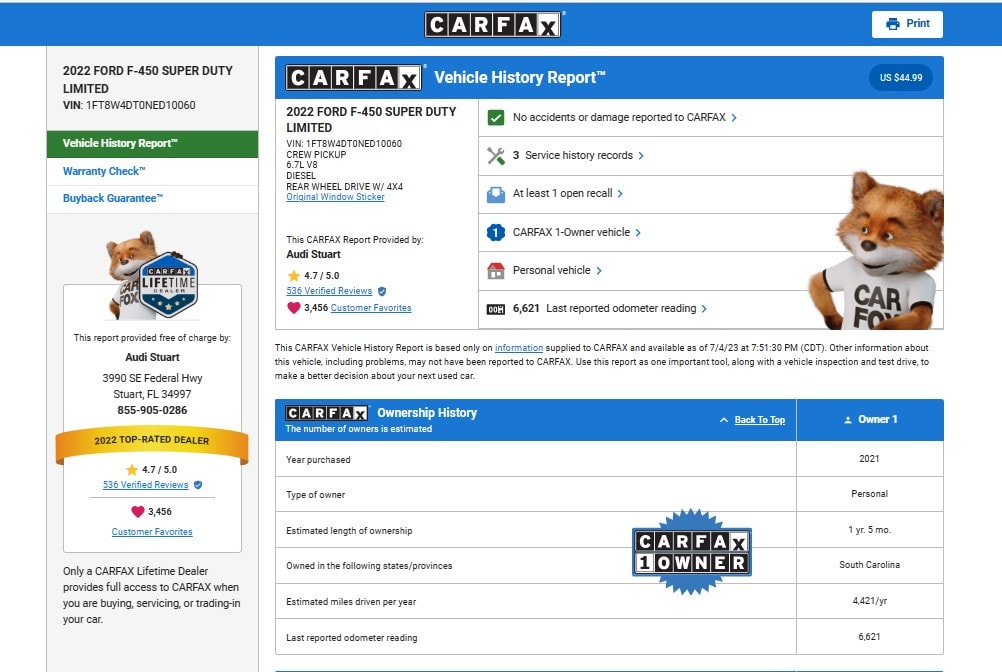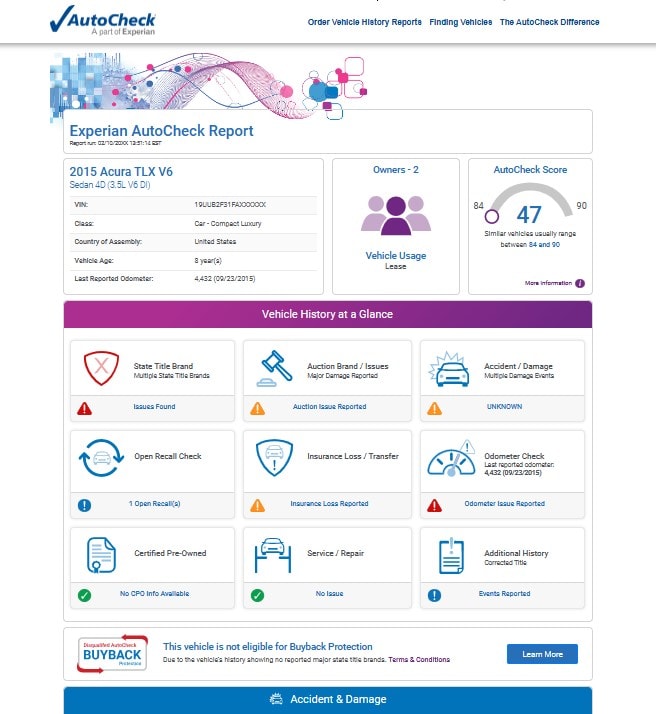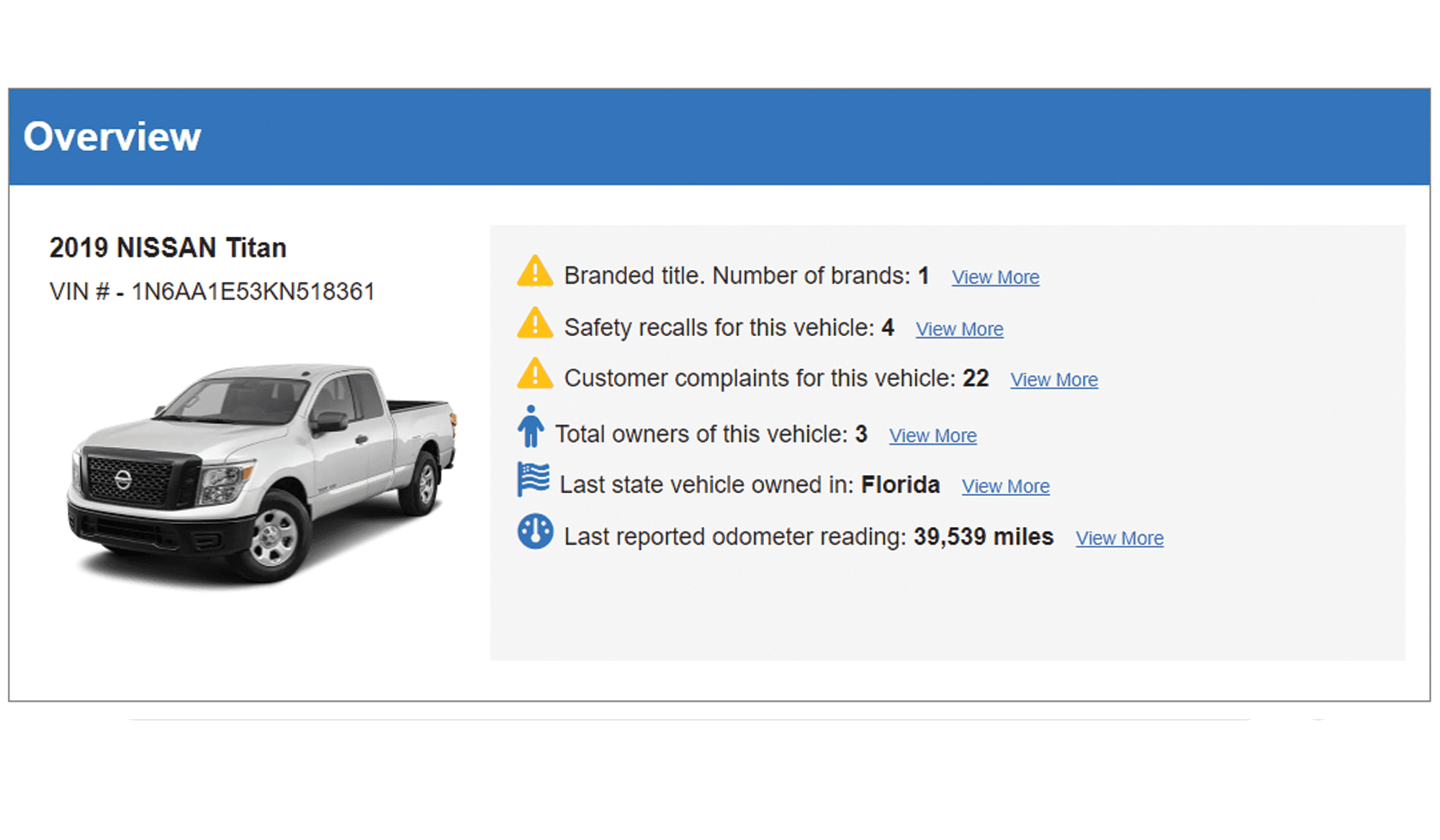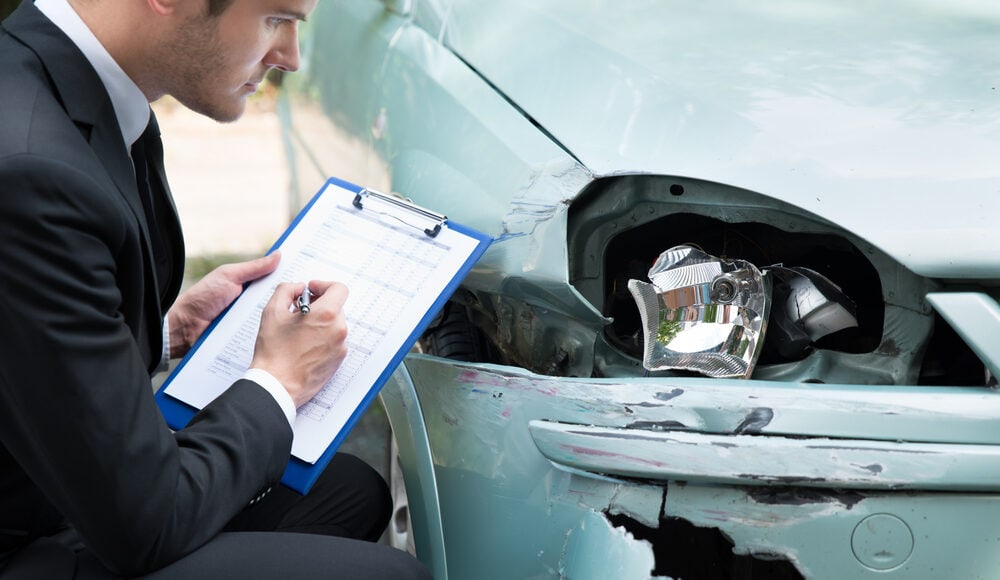Vehicle history reports. It seems these days that purchasing a used car without one is like playing “Russian Roulette”. Through fancy marketing tactics, consumers have been led to believe that purchasing a high-priced history report like CARFAX or AutoCheck will shield them against investing money in a lemon. Auto dealerships manipulate pricing with these history reports, punishing consumers with dirty CARFAX trade-ins and jacking up prices on their inventory that have clean ones. With tens of millions of used cars and trucks sold in the United States each year (there were a record 41 million sold in 2021 alone), vehicle history reports have quickly become a billion-dollar business.
Are vehicle history reports really useful tools to protect yourself when purchasing a used automobile, or are they just a marketing ploy? Unfortunately, the answer is more complicated than just “yes” or “no”.

What is a vehicle history report?
Before we discuss whether a vehicle history report is truly a useful tool, we need to review what it actually is. A basic vehicle history report gives the consumer a clearer understanding of a vehicle’s history by revealing its chain of ownership, title issues, and historical odometer readings. Some car history reports go even further by revealing repairs and service records for the vehicle.
Even though the first true car history reports appeared in the early 1980’s when CARFAX developed records for the dealer-only market, they really didn’t become refined online tools for the consumer until the National Motor Vehicle Title Information System (NMVTIS) released an electronic means to verify vehicle theft and fraud in the late 2000’s. NMVTIS has become a critical resource for in-depth vehicle histories like title brands, chain of ownership, and mileage verification. Every junk yard, salvage yard, auto recycler and insurance company in the United States is required by federal law to report on a regular basis any vehicle that has a branded title. NMVTIS has also partnered with every US state to receive title information on all vehicles registered in their system. This very concise data gives an excellent overview of a vehicle’s history and has helped protect consumers from auto theft, odometer fraud, vehicle cloning, and lemons.

It is important to note that NMVTIS does not provide private vehicle histories like general repairs and service. Companies like CARFAX and AutoCheck have attempted to fill this gap by getting repair and body shops to report to them…but as we will see this has been arguably inneffective.
Why are there different-priced car history reports and which one should I use?
We firmly believe that you should always buy a vehicle history report prior to purchasing a used car that you know absolutely nothing about. NEVER take the owner’s “word for it” that the vehicle has a clean history. The tricky part is choosing which history report to use. CARFAX and AutoCheck are in the upper-cost tier – many of them now cost close to $40 per report…a staggering amount of money considering you may have to purchase several of them before deciding on a car. There are many lower-price tier companies like Real Vehicle History that offer car reports for a fraction of the price (they currently provide reports for $9.99).
The pricier reports like CARFAX cost more because they offer private repair and service data (like if the vehicle was involved in a minor fender bender) – the less expensive ones like Real Vehicle History do not. This is because they have created a network of repair and body shops that voluntarily supply them with repair data. So the question arises…do the less expensive reports offer the same quality of data as the more expensive ones?
The answer is a definite yes.
First of all, less expensive reports like Real Vehicle History give you the same historical title, odometer and chain of ownership information as the more expensive reports. Why? Because as discussed above, all of this information is located in the federal government’s NMVTIS database and can be accessed and sold by any NMVITIS approved data provider (not just CARFAX and AutoCheck). In other words, Real Vehicle History displays the exact same historical title, ownership and odometer data as the more expensive brands – it all comes from the same source.
“…expensive car reports often provide inaccurate and misleading repair and service data that they charge extra for. It’s that plain and simple.”
Secondly (and most importantly), expensive car reports offer repair and service information that is not only unreliable…but also usually irrelevant. In other words, most expensive car reports rarely show all of the repairs that have been performed on a car. And the repairs that have been done are usually performed at such a high quality that the vehicle is returned to its original condition….creating a history report that is virtually meaningless.
This may sound confusing, but perhaps it can be better explained with some examples. Here at the BMW Repair Guide we have dealt with scores of cars that we have either purchased at the auction or have bought from private sellers. We have pulled expensive car history reports on just about all of them (it took us a while to learn our own lesson). We have personally inspected dozens of vehicles with clean CARFAX’s that have suffered such horrible body damage that in many cases we were left in a state of shock (and anger). On the other side of the coin, we have inspected dozens of vehicles with dirty CARFAX’s that look like they could be placed on any showroom floor and resold as new.
Our conclusion is expensive car reports often provide inaccurate and misleading repair and service data that they charge extra for. It’s that plain and simple. The less expensive vehicle history reports give you the same critical data you need to make an educated purchase at a fraction of the price.

Our recommendation for the best vehicle history report
If you are on a budget and are looking for a reasonably priced vehicle history report without all of the bells and whistles of the fancy high-priced ones, we highly recommend www.realvehiclehistory.com. Real Vehicle History gives you all of the critical information you need including branded title search, junk/flood/salvage history, theft and vandalism, odometer fraud, and chain of ownership. It also includes manufacturer recalls and customer complaints submitted to the government. And best of all, you get all of this information for only $9.99.


